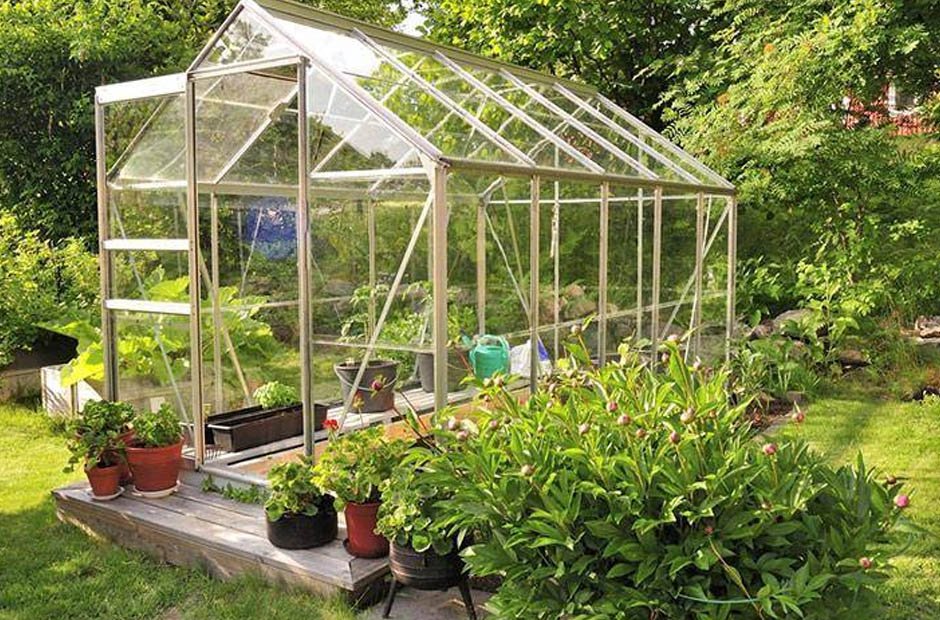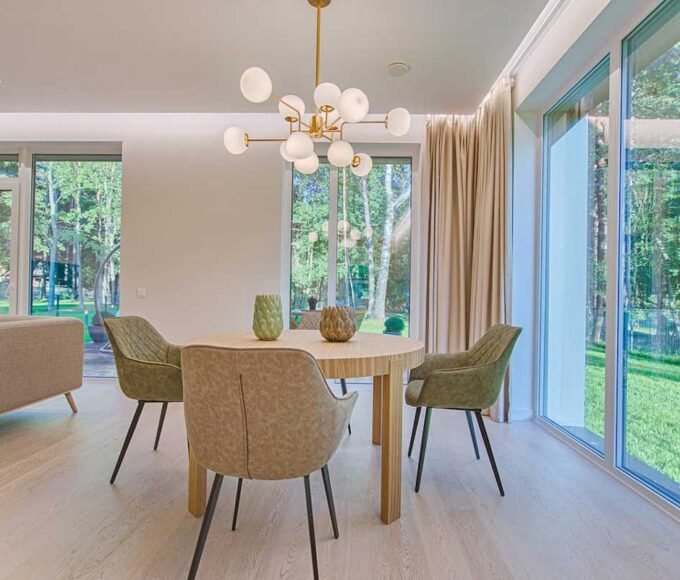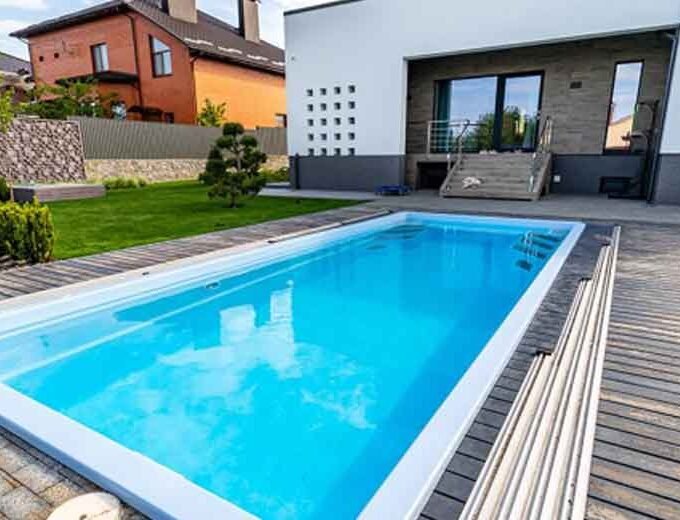Gardening is a cherished hobby that provides therapeutic benefits, but weather and seasonal challenges can impede efforts. Greenhouses offer a solution, transforming gardening into a more productive pursuit by extending growing seasons and protecting plants. This article discusses the advantages for both novice and experienced gardeners, shares tips for setting up a home greenhouse, and highlights successful greenhouse gardening projects.
The Concept of Using Greenhouses in Gardening
A greenhouse is essentially a structure made of transparent materials like glass or plastic that allow sunlight to enter while trapping heat inside. This controlled environment creates optimal conditions for plant growth, regardless of external weather conditions. By using a greenhouse, gardeners can significantly extend their growing seasons, starting plants earlier in the spring and continuing to harvest well into the fall.
Extending Growing Seasons
One of the most compelling benefits of using a greenhouse is the ability to extend the growing season. In regions with harsh winters or short growing periods, a greenhouse provides a sanctuary where plants can thrive year-round. The trapped solar energy ensures that the internal temperature remains conducive for plant growth even when it’s cold outside. This means gardeners can enjoy fresh produce and vibrant blooms throughout the year, not just during the traditional growing season.
Protection from Adverse Weather
Greenhouses, like hoophouses available in Utah, offer a protective barrier against adverse weather conditions such as heavy rain, strong winds, frost, and snow. This protection is crucial for delicate plants that may not survive extreme conditions. By shielding plants from the elements, greenhouses reduce plant stress and damage, leading to healthier and more resilient plants. This controlled environment also minimizes the risk of diseases and pests that are more prevalent in open-air gardens.
Growing a Wider Variety of Plants
With a greenhouse, gardeners can experiment with a wider variety of plants that might not be suitable for their local climate. For instance, tropical plants, exotic flowers, and out-of-season vegetables can all be grown successfully in a greenhouse. This expanded range allows gardeners to diversify their gardens and enjoy a broader array of plants, from rare orchids to juicy tomatoes.
Benefits for Novice and Experienced Gardeners
Novice Gardeners
For those new to gardening, a greenhouse can serve as an excellent learning tool. The controlled environment allows beginners to experiment and learn without the unpredictability of outdoor gardening. Greenhouses also reduce the risk of failure, as plants are less likely to be affected by pests and adverse weather. This supportive setting can boost confidence and encourage continued interest in gardening.
Experienced Gardeners
Experienced gardeners can take their skills to the next level with a greenhouse. The ability to control temperature, humidity, and light levels opens up new possibilities for advanced gardening techniques such as hydroponics and aquaponics. Greenhouses also enable the cultivation of specialty crops, allowing seasoned gardeners to diversify their produce and explore new gardening challenges.
Practical Tips for Setting Up a Home Greenhouse
Choosing the Right Location
Select a site with good sunlight exposure, ideally south-facing, to maximize solar energy capture. Ensure the ground is level and has good drainage to prevent water accumulation.
Selecting the Structure
Greenhouses come in various sizes and materials, from simple hoop houses to more permanent glass structures. Consider your budget, space, and gardening goals when choosing the right greenhouse for your needs.
Ventilation and Temperature Control
Proper ventilation is crucial to prevent overheating and maintain optimal growing conditions. Incorporate ventilation options like roof vents, side vents, or exhaust fans. Additionally, using shade cloths or thermal screens can help regulate temperature and protect plants from excessive heat.
Watering and Irrigation
Implement an efficient watering system, such as drip irrigation, to ensure plants receive consistent moisture without water waste. Consider installing rainwater harvesting systems to collect and use rainwater for irrigation.
Conclusion
Greenhouses can transform gardening into a productive and enjoyable activity by extending growing seasons, shielding plants from harsh weather, and allowing for diverse plant cultivation. With practical setup and maintenance tips, both novice and experienced gardeners can enhance their gardening experience and enjoy year-round harvests. Explore greenhouse gardening for a rewarding experience!
















